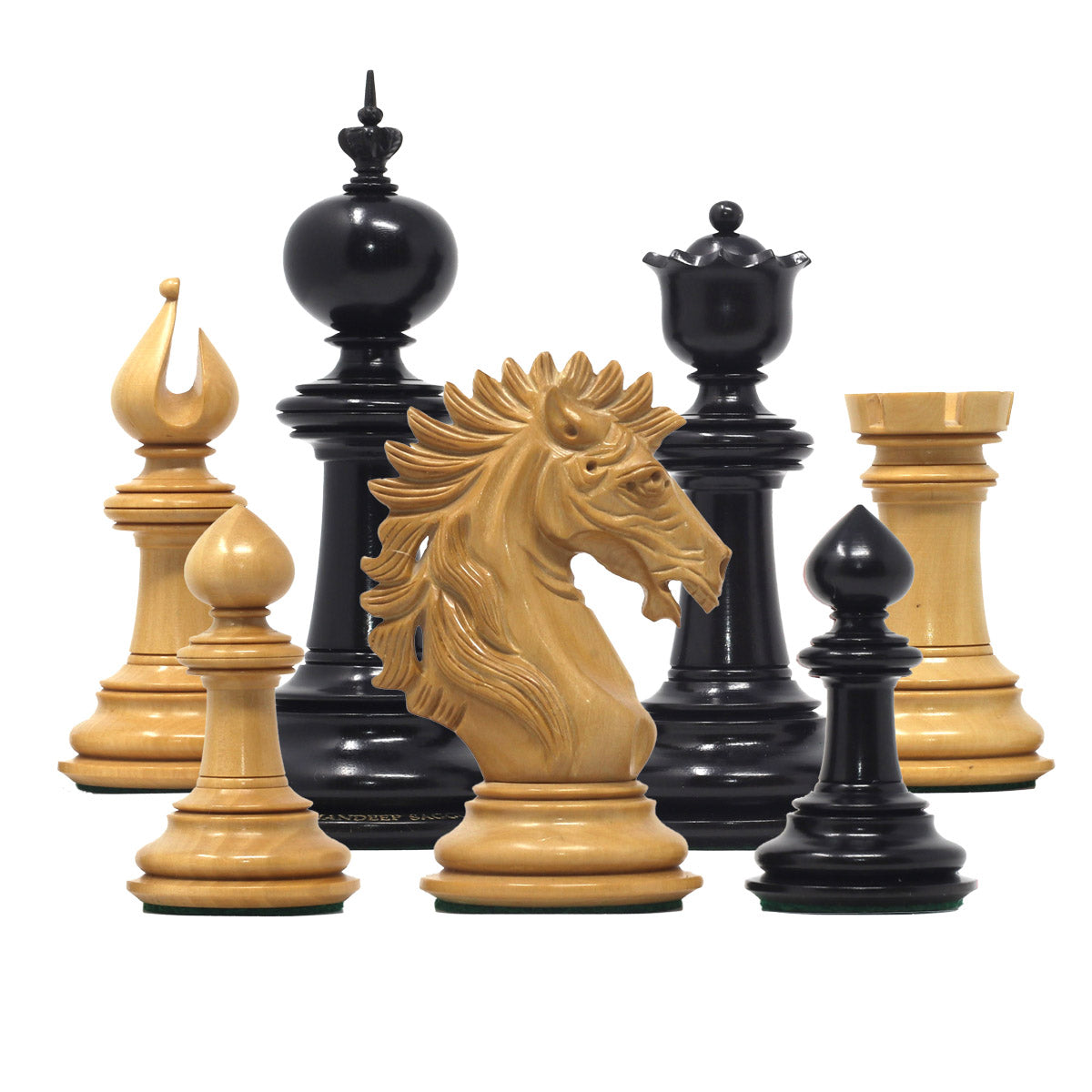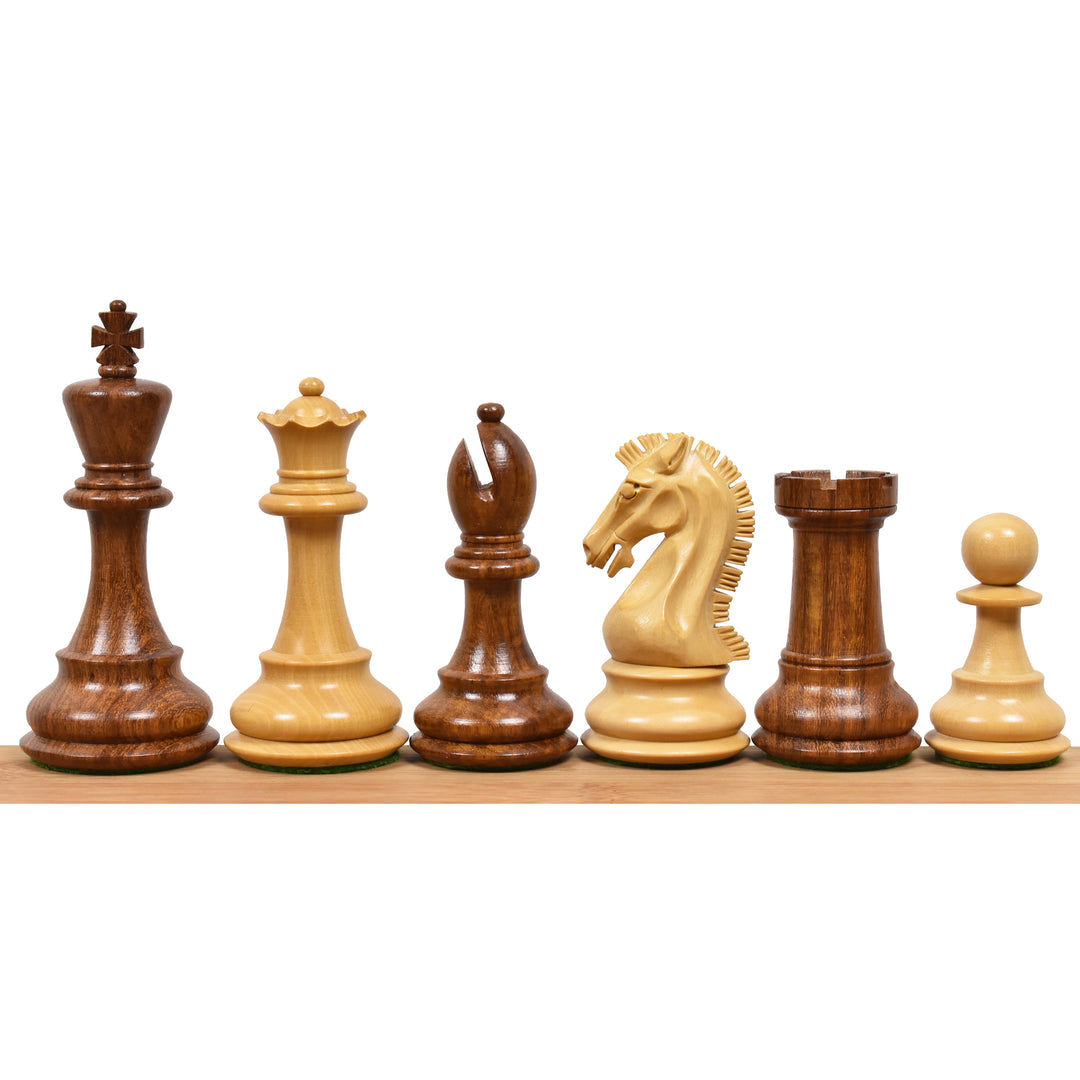Detailed Chess Strategy Checklist for Daily Practice
Wiki Article
Approaches for Chess: Opening the Tricks to Mastering the Game
Chess strategies include a range of techniques essential for success. Understanding the basics is important for any kind of player. Each stage of the game-- from openings to endgames-- needs a distinct strategy. Understanding these aspects can lead to substantial advantages. The trip does not end with standard knowledge. There are much deeper layers to explore, disclosing the intricacies that can really raise one's game. What exists past the surface area of these fundamental strategies?Recognizing the Principles of Chess
While many gamers concentrate on sophisticated tactics and approaches, recognizing the principles of chess is vital for any individual seeking to improve their game. The foundation of chess begins with the rules, which dictate how each piece steps and captures. Familiarity with the board's format and item worths is important, as it assists gamers evaluate positions and make informed choices.In addition, grasping standard concepts such as control of the center, piece development, and king safety lays the groundwork for efficient gameplay. Gamers must find out the significance of preserving pawn structure and identifying dangers, as these elements can considerably influence the outcome of a match.

Creating a Winning Opening Method
A successful opening technique in chess is vital for developing a beneficial placement early in the game. Gamers commonly concentrate on crucial concepts such as piece development, control of the center, and king safety. Creating items efficiently allows for higher wheelchair and tactical opportunities, while inhabiting the central squares improves impact over the board.Opening approaches can vary considerably, from hostile lines focused on quick attacks to strong formations that focus on protection and progressive development. Familiarity with common openings, such as the Ruy Lopez or Sicilian Defense, can offer players with a repertoire to attract from and adjust to challengers' reactions.
In addition, maintaining flexibility in one's opening method is important, as stiff play can result in foreseeable patterns conveniently made use of by well-informed opponents. Inevitably, a winning opening method establishes the stage for a successful center game, leading the method for success.
The Significance of Board Control
Board control functions as a basic aspect of chess technique, significantly affecting the outcome of the game. Reliable board control permits a player to determine the speed and circulation of the match, giving opportunities for tactical growth while limiting the opponent's choices. By occupying essential squares, specifically in the facility, players can boost their piece mobility and produce more powerful positions.Managing the board also helps with better sychronisation among items, making it possible for tactical combinations and defenses. Chess. This advantage typically translates into raised pressure on the opponent, resulting in potential blunders or miscalculations. Conversely, an absence of board control can leave a player prone, as their items end up being limited in movement and efficiency
Hence, grasping the art of board control is essential, as it lays the foundation for successful maneuvers and lasting critical planning, eventually identifying the winner in chess.
Tactics and Mixes: Searching For Hidden Opportunities
Uncovering strategies and mixes is important for gaining a benefit in chess, as it permits players to exploit weak points in their challenger's setting. Tactical recognition includes recognizing patterns such as forks, pins, and skewers, which can result in material gain or positional benefit. Gamers must regularly check the board for hidden chances, reviewing possible dangers and responses.Mixes typically entail a collection of relocations that may at first show up counterintuitive however can culminate in a crucial end result. Chess. For example, compromising a piece to draw a challenger into a catch can move the game's energy
Efficient estimation is important; players should visualize a number of actions ahead to anticipate the repercussions of their actions. Regular practice of tactical challenges can hone this skill. Inevitably, mastering techniques and mixes encourages players to seize control of the game, turning relatively average placements into winning opportunities.
Endgame Techniques: Securing Your Triumph
Mastery of strategies and mixes prepares for success, but recognizing just how to transform benefits into victory during the endgame is similarly essential. In this stage of the game, gamers must concentrate on item coordination and pawn promotion. Recognizing crucial ideas such as resistance and controlling vital squares can considerably improve one's chances of winning.Effective endgame strategies include simplifying the placement when ahead, trading pieces to reduce the challenger's counterplay, and utilizing the king proactively as a combating This Site item. Gamers must aim to develop passed pawns that can progress toward promo, forcing the opponent to divert sources to resist them.
Exercising typical endgame situations, such as king and pawn versus king, can provide very useful experience. Preserving perseverance and foresight during the endgame will certainly usually divide the beginner from the master, as crucial moments can develop unexpectedly.
Analyzing Your Challenger's Steps
Just how can a player effectively expect their challenger's strategy? Analyzing a challenger's steps is essential for establishing a competitive edge in chess. Players need to observe patterns in their challenger's play style, keeping in mind propensities such as hostile or protective official source maneuvers. By comprehending these patterns, a gamer can forecast prospective actions and prepare counter-strategies.In addition, recognizing the opening choices can disclose a riches of information relating to a challenger's favored methods. Gamers must likewise assess the timing and context of certain actions, examining the underlying inspirations behind them.
Utilizing tactics such as preserving a versatile way of thinking and adapting to changes in the game can boost a gamer's capacity to react effectively. Additionally, keeping an eye on their opponent's clock monitoring may provide understandings right into their degree of self-confidence and comfort with the setting. On the whole, precise monitoring and analysis are crucial for anticipating and counteracting an opponent's technique.
Continual Learning and Enhancement in Chess

Continuous knowing is a fundamental element of improving one's chess game, matching the analytical skills developed with observing opponents. Players can boost their abilities by examining traditional games, exploring opening up concepts, and involving with literature on sophisticated strategies. On the internet resources and chess engines give important tools for evaluating previous games, permitting players to recognize errors and improve their decision-making procedures.
Joining tournaments and informal suits is important for sensible experience, making it possible for players to apply brand-new understanding in real-time circumstances. Additionally, signing up with clubs or on the internet forums cultivates an area setting where players can he said exchange understandings, review methods, and obtain constructive comments.
Routinely reviewing one's very own games and those of higher-rated players aids brighten locations for enhancement - Chess. By cultivating a way of thinking of lifelong knowing, chess enthusiasts can continually adjust, progress, and ultimately reach their potential in this detailed and rewarding game
Frequently Asked Questions
What Are the very best Chess Publications for Beginners?
The most effective chess publications for beginners include "Chess for Dummies" by James Eade, "The Full Bonehead's Guide to Chess" by Patrick Wolff, and "Bobby Fischer Instructs Chess." These resources offer basic techniques and necessary expertise for brand-new gamers.Exactly how Do I Deal With Shedding Touches in Chess?

What Online Operating Systems Are Best for Practicing Chess?
Popular online systems for exercising chess consist of Chess.com, Lichess.org, and Net Chess Club. Each deals different functions such as problems, tutorials, and competitive play, dealing with different skill levels and preferences among chess enthusiasts.
How Can I Improve My Chess Visualization Abilities?
To improve chess visualization skills, one need to practice mental exercises, address problems, examine games without a board, and slowly raise the intricacy of placements. Regularly playing blindfold chess can additionally substantially boost visualization abilities.
What Are Typical Mental Traps in Chess?
Common psychological traps in chess include insolence, time stress, and the concern of errors. Players may also succumb verification bias, leading them to disregard far better actions while concentrating on previously effective methods.Report this wiki page